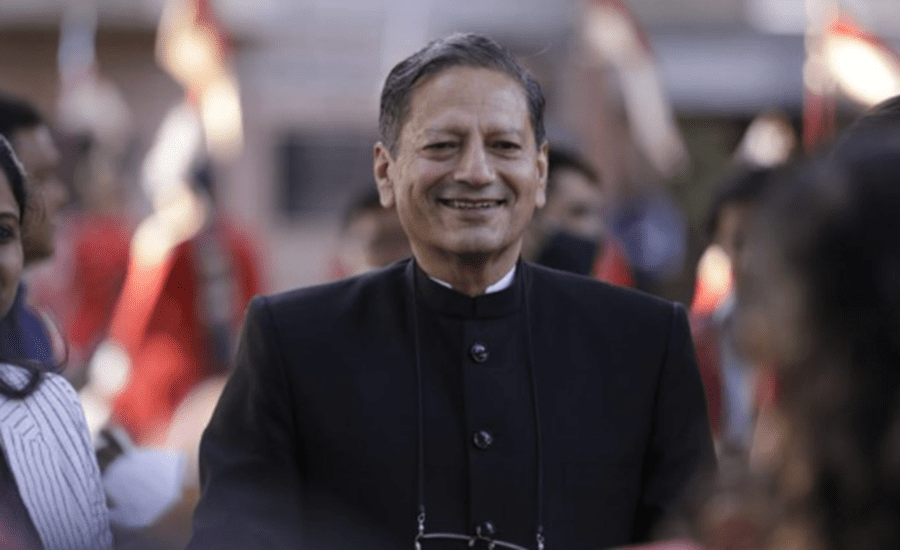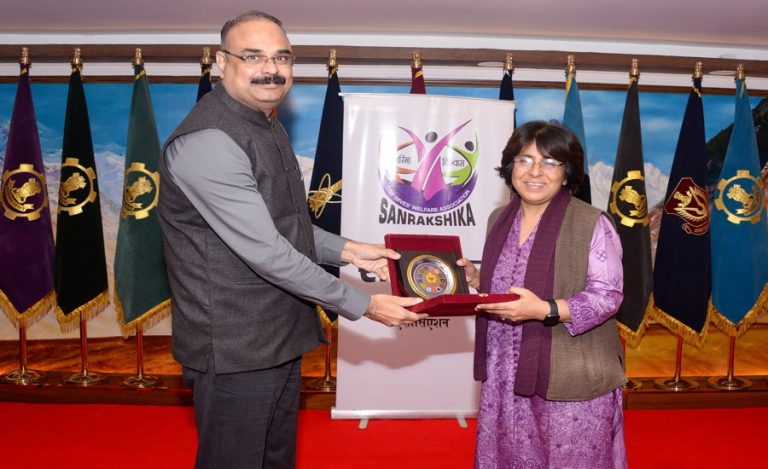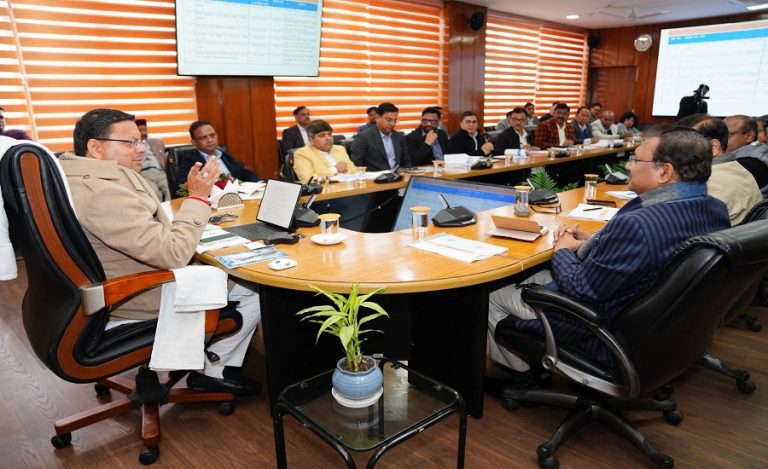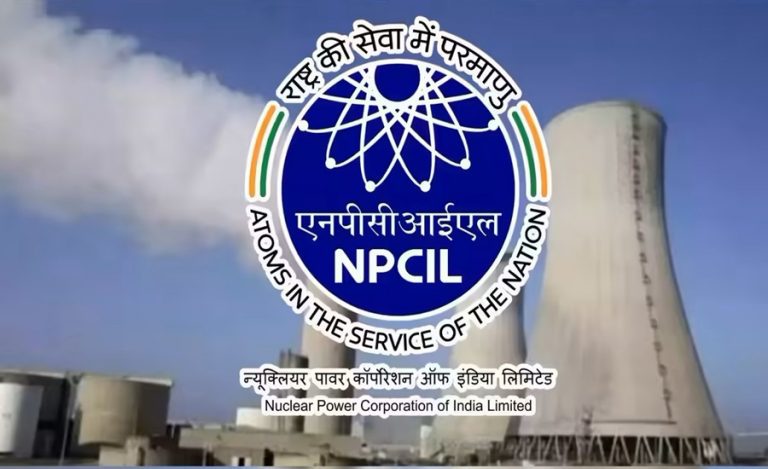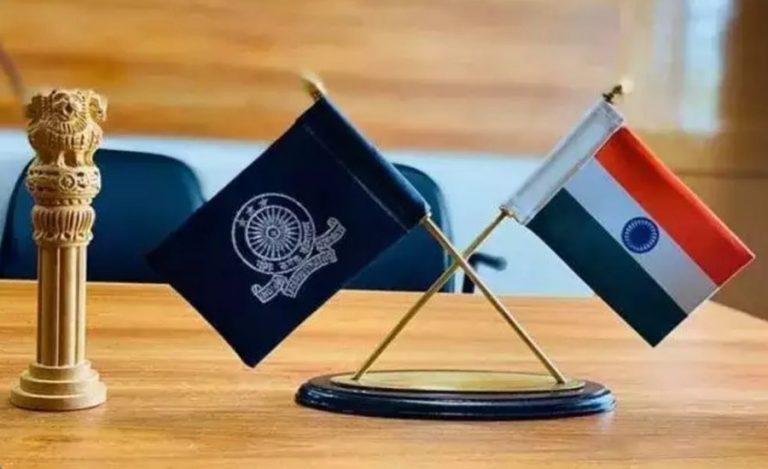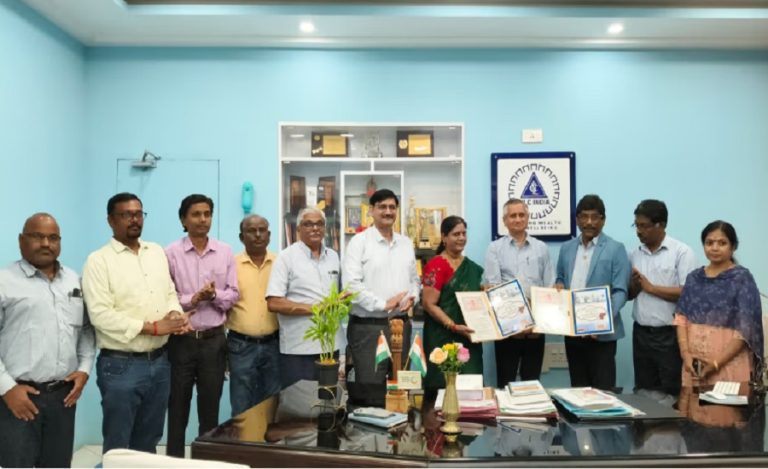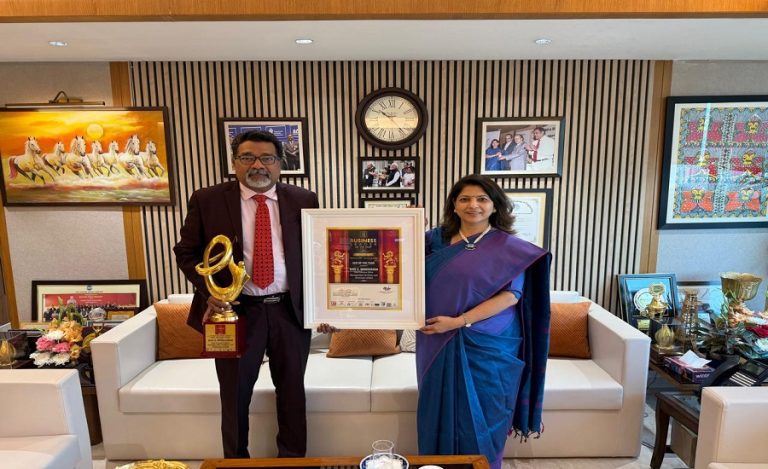Former Director of Lal Bahadur Shastri National Academy of Administration (LBSNAA), Mr. Sanjeev Chopra (1985-batch retired IAS officer), vehemently criticized Infosys co-founder Mr. N R Narayana Murthy’s suggestion to replace the UPSC examination with B-school graduates for the recruitment of IAS and IPS officers.
In a recent statement, Mr. Murthy criticized the current UPSC system, calling it outdated and focused on maintaining the status quo. He suggested that India’s fast-evolving economy requires a management mindset, one that could be better provided by B-school graduates, rather than the traditional administrative mindset tested by the UPSC exam. Murthy argued that while the UPSC has produced generations of civil servants with governance expertise, it is now insufficient for addressing the country’s dynamic needs, especially in the pursuit of a USD 50 trillion economy by 2047.
However, Mr. Chopra rejected Murthy’s views, defending the UPSC selection process as inclusive, merit-based, and democratic. He emphasized that the system allows young Indians from diverse backgrounds, including rural and non-urban areas, to pursue civil services in 22 languages. In contrast, B-school graduates predominantly come from elite, English-medium institutions, potentially limiting the diversity of perspectives in governance.
Mr. Chopra further questioned the effectiveness of a management-oriented approach in addressing governance challenges, which he believes should be rooted in democratic policymaking. He argued that vision-setting remains the role of elected representatives, not civil servants or corporate managers. Highlighting the importance of civil services institutions like UPSC, LBSNAA, and other academies, he affirmed their role in supporting elected officials in policy implementation, ensuring that governance reflects the will of the people.

